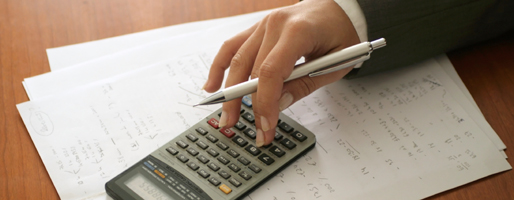What Is Collateral?
Collateral is an additional form of security which can be used to assure a lender that you have a second source of loan repayment. Assets such as equipment, buildings, accounts receivable, and (in some cases) inventory are considered possible sources of repayment if they can be sold by the bank for cash. Collateral can consist of assets that are usable in the business as well as personal assets that remain outside the business. This collateral table [link to collateral table in Understanding the Basics/Collateral) shows how different forms of collateral are valued by a typical lender and SBA.
You can assume that all assets financed with borrowed funds will be used as collateral for the loan. Depending on how much equity was contributed by you toward the acquisition of these assets, the lender may require other business assets as collateral.
Certified appraisals are required for loans greater than $250,000 secured by commercial real estate. The SBA may require professional appraisals of both business and personal assets, plus any necessary survey and/or feasibility study. When real estate is being used as collateral, banks and other regulated lenders are required by law to obtain third-party valuation on transactions of $50,000 or more.
Your Home or Personal Assets May Be Considered as Collateral
Owner-occupied residences generally become collateral when:
-
The lender requires the residence as collateral
-
The equity in the residence is substantial and other credit factors / sources of collateral are weak
-
Such collateral is necessary to assure that the principal(s) remain committed to the success of the venture for which the loan is being made
-
You operates the business out of the residence or other buildings located on the same parcel of land
To the extent that worthwhile assets are available, adequate collateral is required as security on all SBA loans. However, the SBA will generally not decline a loan when inadequacy of collateral is the only unfavorable factor.
For all SBA loans, personal guaranties are required from every owner of 20 percent or more of the business, as well as from other individuals who hold key management positions. Whether a guaranty will be secured by personal assets or not is based on the value of the assets already pledged and the value of the assets personally owned compared to the amount borrowed.

